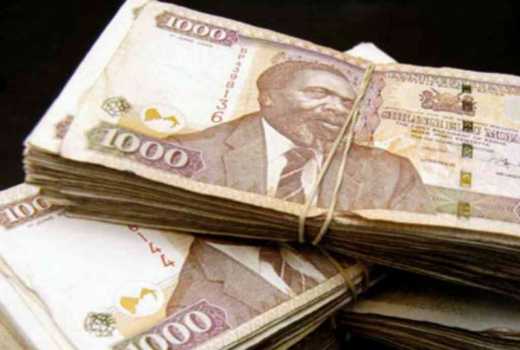×
The Standard e-Paper
Home To Bold Columnists

In supermarkets, sweets are neatly placed next to the cashier. You admire them as you wait in line. From my observations, lots of people fall into temptation and pick one or two before they get to the pay point.
But beyond being a source of temptation, why else are sweets placed in that particular position? To begin with, the prices are often low at under Sh100 a piece. Buying them is usually an afterthought - rarely does anyone write down sweets on their shopping list.